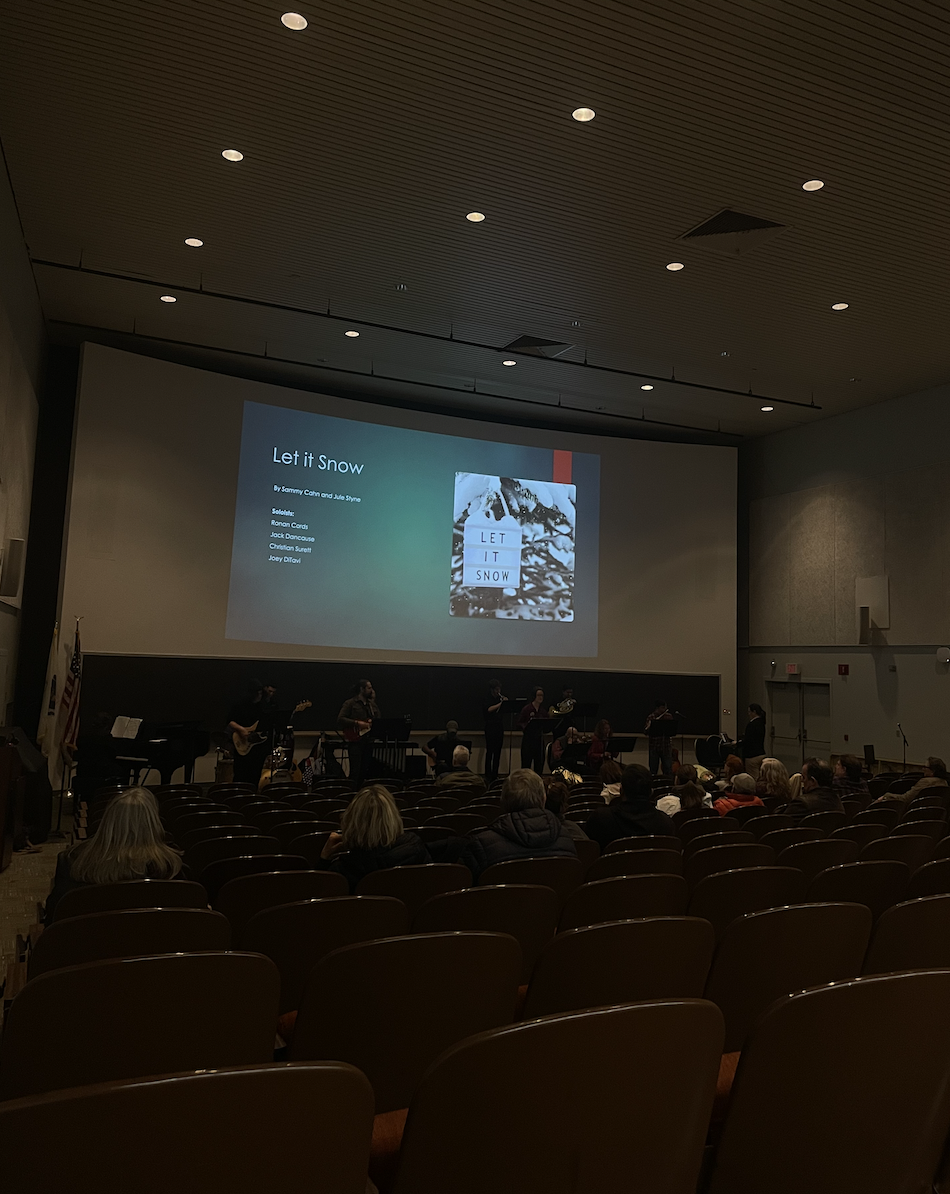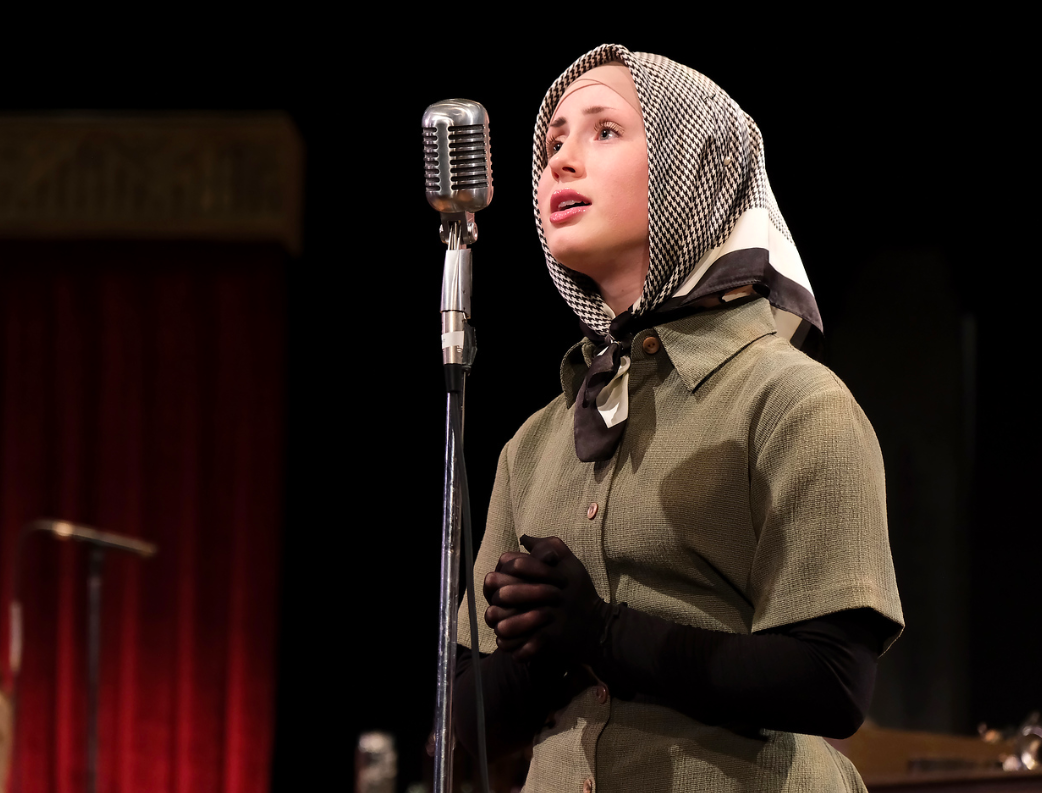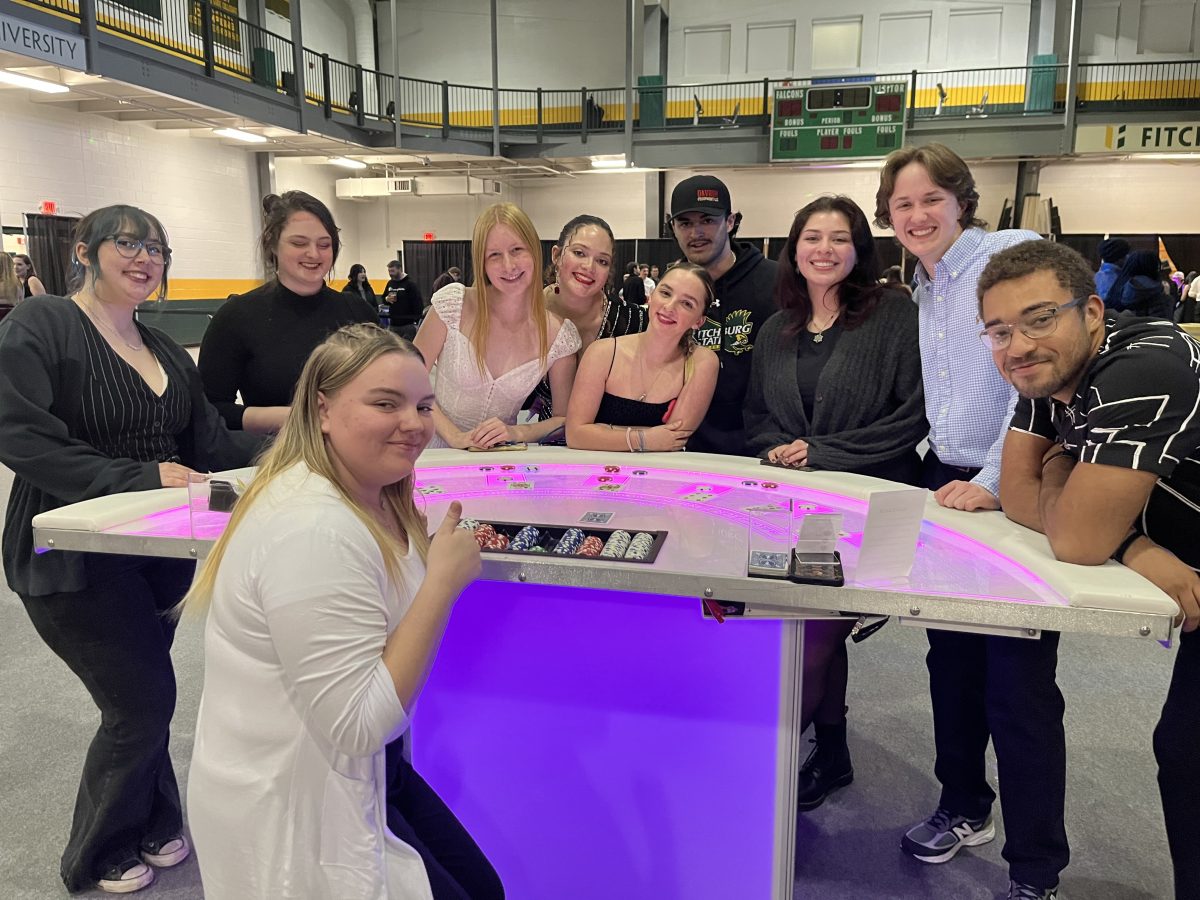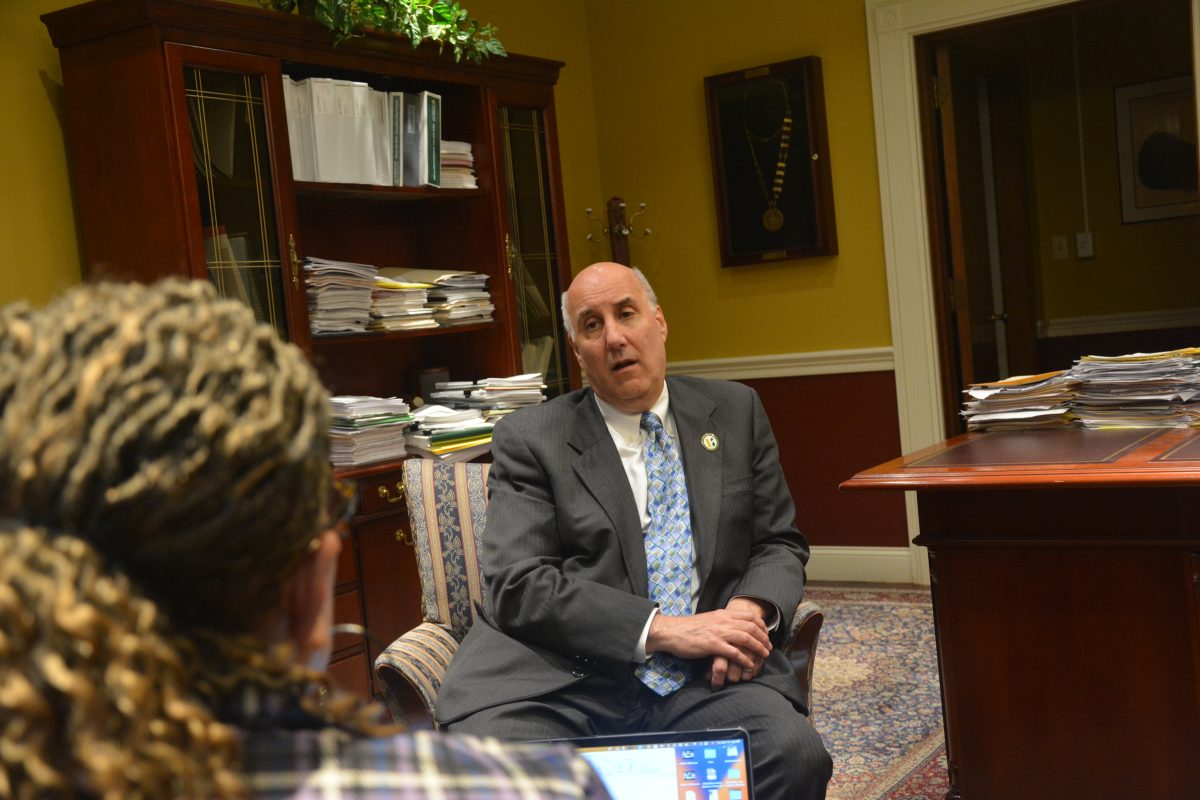
By Jillian Cormier
Fitchburg State University is currently working towards an educated populace on sustainability and recycling. In an interview with Professor Christopher Picone, a member of the Sustainability Advisory Committee, he said, “The culture of education on recycling is not present on campus. Many of the classrooms that are supposed to have blue recycling bins don’t, and those bins which are used are often not used correctly.” The committee hopes to set up bins that will have clear signs above with pictures of products that can be recycled to direct students on what products are acceptable to place in the bins.
The university has only carried the blue bins since the Spring of 2008, when the campus was only able to recycle paper. Professors from the science department, including Dr. Gordon and Professor Picone, the head of the Student Government Association, the Vice President of Finance and Administration, Sheila Sykes, and various staff members from around the university came together to found the Sustainability Advisory Committee.
Since 2008, they have been able to incorporate Universal Recycling, a system where there is one bin for all recyclables. However, the products that are placed in the bins must be relatively clean, and cannot have large amounts of food residue present on the surface.
Picone said he was more worried about recycling glass and metal because they can be reused indefinitely. Plastic can only be melted down and reused a few times, and paper decays after being processed a few times. Dunkin’ Donuts’ Styrofoam cups do not go into the recycling bin.
The university website also has a list of acceptable items to recycle, along with posters in various parts of the campus. The recycling collected from campus is sent to Casella in Auburn, Massachusetts.
According to the University’s website, the committee is charged with making institutional recommendations to guide and develop Fitchburg State University’s plan to achieve climate neutrality. This year, Leah Fernandez, Campus Safety Officer in charge of overseeing chemical safety and laboratory hygiene, will be taking the place of Mary Beth Mackenzie, as the leader of the committee.
Last year, the committee worked with the staff in Holmes Dining Hall to reduce food waste on campus by hosting a week-long Food Waste Campaign. Picone said, “775 pounds of food are thrown out per day in Holmes Dining Hall.” The Food Waste Campaign saw a 15% reduction in food waste this past year.
The committee would like to hold another campaign this semester. They are trying to push the reduction of food waste further by advocating for tray-less dining. It would reduce the energy necessary to wash the trays, and also reduces food waste because students take only what they can carry on a plate and in a glass.
Fitchburg State University is moving towards a more energy efficient campus. The annual electricity contest is run by the committee to reduce the amount of energy used on campus. Picone worked with Mackenzie in the past, crunching all of the electricity data that she collected to determine which building won the contest.
In the past, there have been energy audits to research how much energy the campus uses in all different areas, from heat, to electricity, even the gas used by commuter students. The Sanders Administration Building and the Anthony Building have photovoltaic solar panels on the roof which can be seen from the upper floors of the new science building. The Exercise Science Building has Geothermal heating and cooling to regulate the temperature in the building.
The committee’s current programs to sustain and recycle have an encouraging future on campus.






